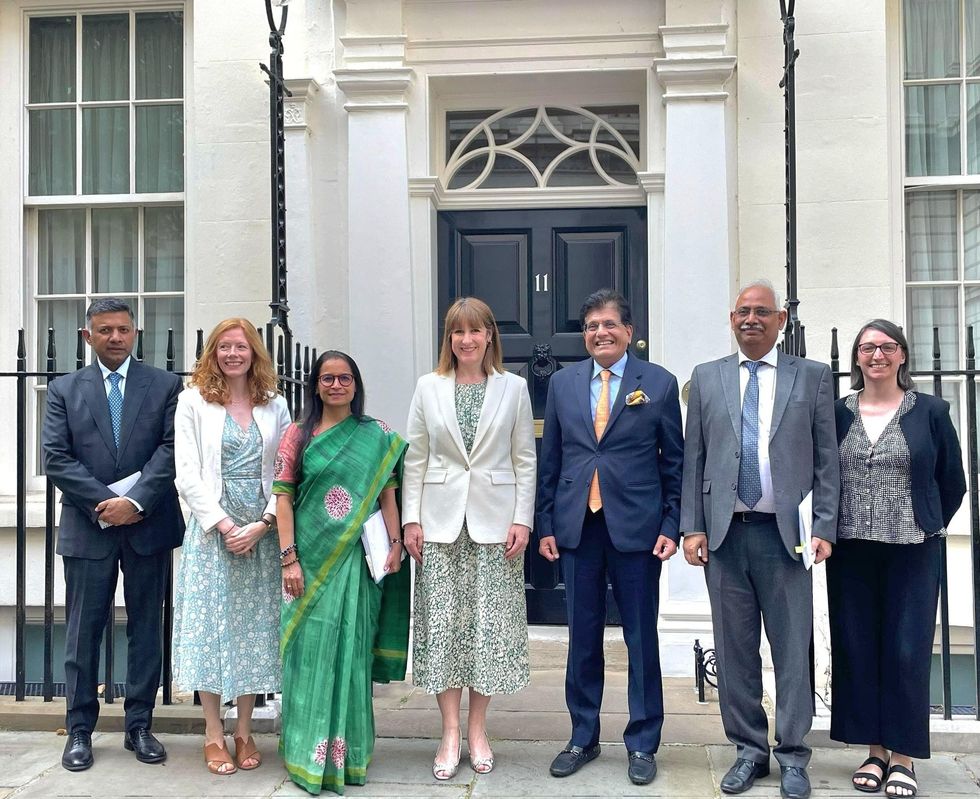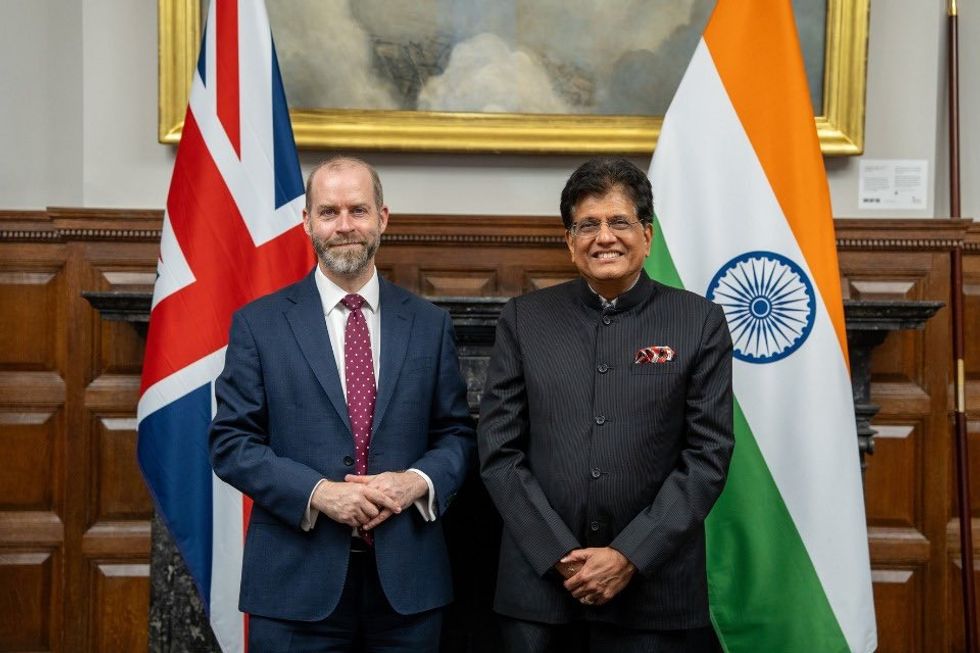India prime minister Narendra Modi on Monday (21) said he had "extremely productive" discussions with Russian president Vladimir Putin and they reviewed the com plete range of India-Russia relations as well as other global subjects during their first ever informal summit in this Black Sea coastal city.
Modi said friendship between India and Russia has stood the test of time and their ties will continue to scale newer heights in the coming years.
The prime minister said said the seeds of the 'strategic partnership' sown by former prime minister Atal Bihari Vajpayee and president Putin have now grown into a "special privileged strategic partnership" which is a "very big achievement" in itself.
"I am grateful to President Putin who invited me for an informal meeting and hence, in the long friendship of ours, this is a new aspect that has been attached to our relationship," Modi said.
"You have added a new aspect of informal summit in the bilateral relationship which I think is a great occasion and creates trust," he said.
"The Monday talks were very intense," Russia's official Tass news agency quoted foreign minister Sergei Lavrov as saying.
"I am confident that the ongoing informal contacts between the leaders of Russia and India will be useful and will help define the further guidelines for our development and strategic partnership," he said.
"There was a discussion of various areas of our specific cooperation at the regional and global level," Lavrov said.
President Putin and prime minister Modi paid special attention to the economic talks, he said.
"We discussed the whole spectrum of our particularly privileged strategic partnership, paid special attention to the economy, noted the steady growth of trade turnover," the minister said.
Ahead of their summit, Kremlin spokesman Dmitry Peskov said Putin will discuss Russia-India military cooperation with Modi, amid US sanctions on Russia.
"It can be supposed that the military-technical cooperation issue will be discussed [at the meeting between Putin and Modi,]" Tass news agency quoted Peskov as saying.
Earlier, official sources said the possible impact of the US sanctions against Russia under the Countering America's Adversaries Through Sanctions Act (CAATSA) on Indo-Russia defence cooperation might also figure during the talks between Modi and Putin.
The CAATSA is a United States federal law that imposed sanctions on Iran, North Korea, and Russia. It includes sanctions against countries that engage in significant transactions with Russia's defence and intelligence sectors.
India is not going to allow its defence engagement with Russia to be dictated by any other country, the sources said, adding New Delhi has been lobbying with the Trump administration on the issue.
India could face US sanctions for purchasing high value military defence items, in particular state-of-the-art S-400 Triumf missile defence system, from Russia under the act.
In his opening remarks, Modi also thanked Russia for playing a major role in helping India get a permanent membership in the Shanghai Cooperation Organisation. India and Pakistan were admitted last year into the organisation.
"We are working together on International North-South Transport Corridor (INSTC) and BRICS," Modi said.
He also congratulated Putin for becoming the president for the fourth time with overwhelming majority.
"Starting from the year 2000 when you took office, our relation has been historic ...," Modi said.
Welcoming Modi to Sochi, Putin said his visit would give a fresh impetus to bilateral ties.
"We are delighted to see you, Mr prime minister, and consider you personally as a big friend of our country. We are very glad to be able to have this meeting," Putin told Modi.
He said Russia and India maintain a high strategic level of partnership, with close cooperation between the two countries' defense ministries.
"Our defense ministries maintain very close contacts and cooperation. It speaks about a very high strategic level of our partnership," Putin said.
He also hailed joint activities of the two countries in the area of foreign politics, in particular within the United Nations, BRICS and the SCO.
"There is no need to explain Russian-Indian relations, since we all know that they have deep roots. However, we have been able to create additional momentum recently. Last year, our trade saw a significant increase, adding another 17 per cent since the beginning of this year," he said.
The Russian foreign minister also said that Moscow and New Delhi will strongly oppose attempts to politicise the work of the Organization for the Prohibition of Chemical Weapons (OPCW).
Russia and India had confirmed they "will strongly oppose attempts to politicise the work of the Organization for the Prohibition of Chemical Weapons," Lavrov said.

















 Piyush Goyal with shadow chancellor Rachel Reeves (centre), Vikram Doraiswami and other officials at the India Global Forum
Piyush Goyal with shadow chancellor Rachel Reeves (centre), Vikram Doraiswami and other officials at the India Global Forum And , Goyal with Jonathan Reynolds
And , Goyal with Jonathan Reynolds